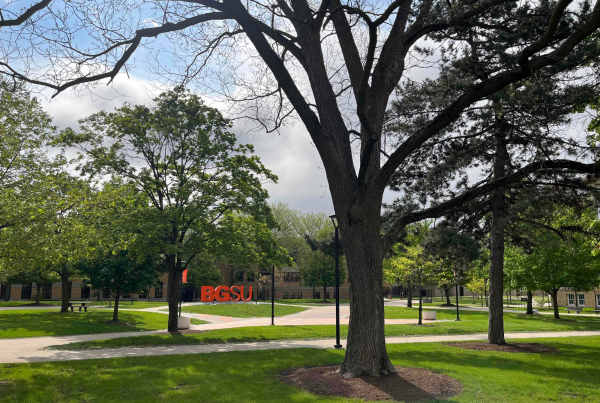College admissions officers often speak about wanting to see authenticity in college applications. What does it mean to be authentic in college admissions essays and applications? Read on for what “authenticity” means and why it matters in college applications and admissions essays.
Authenticity is basically another way for admissions officers to say “be yourself in your college applications.” When applying to college, high school students often ask what will be most impressive to colleges and plan their activities and applications around their perceptions of what they think colleges want to see. Trouble is, colleges want to see authentic college applications. Admissions officers have been doing their jobs for long enough to know when students are simply trying to impress them and when students are genuinely passionate about what they are doing in their activities and saying in their essays. Both come through in essays.
Colleges want to read about what interests students, what excites them, how they see the world and how they think about ideas. When students write essays that try to anticipate what colleges want to hear or join extracurricular activities because they believe that those activities are most likely to impress on a resume, students are not being authentic. When students attempt to apply to colleges by guessing at what will be most impressive to college admission offices, their essays tend to come across as mechanic and flat. Worse still, they reveal little about what makes students tick.
When students write about what the love, or what they find fascinating, on the other hand, their passion comes through and college admissions officers catch a glimpse of who students are and what sort of members of the campus community they might be. These passionate essays represent the sort of authenticity that college officers say over and over again that they want to see in college applications, especially in the essays that students write.
Certainly, colleges want students who participate in extracurricular activities, and they want students who engage in their communities. But they also want to know why such activities are meaningful to students and why they participate in them for several years at a time. When students participate in activities based on the idea that those extracurriculars will be impressive to colleges, when the time comes for students to write about their activities in essays for their college applications, students may find it difficult to explain why those activities are important to them.
More impressive to college admissions officers are students who follow their own passions, exploring interests deeply for a long period or from different angles, and who can therefore write about those experiences with the same passion that has led them to participate in those activities in the first place. The student who does this is able to be authentic in his or her college application in ways that students who do activities and write essays based on what they believe colleges want to hear cannot.
Because college is about fit and matching the strengths of students and of colleges, authenticity is important. Students will want to emphasize what they find interesting and important, and colleges will want to admit students whose genuine interests and talents match their universities’ strengths.
In the end, students are best served when they pursue their interests through their courses and extracurricular activities and write about them in their application essays.
There are few hard and fast rules about college applications and admissions, but one important rule of thumb is to be authentic. Colleges want students who seek out knowledge and pursue their interests, but the types of knowledge and interests that students pursue are up to the students alone.




